Welcome Nguyen Art Foundation as new Patron of CIMAM!
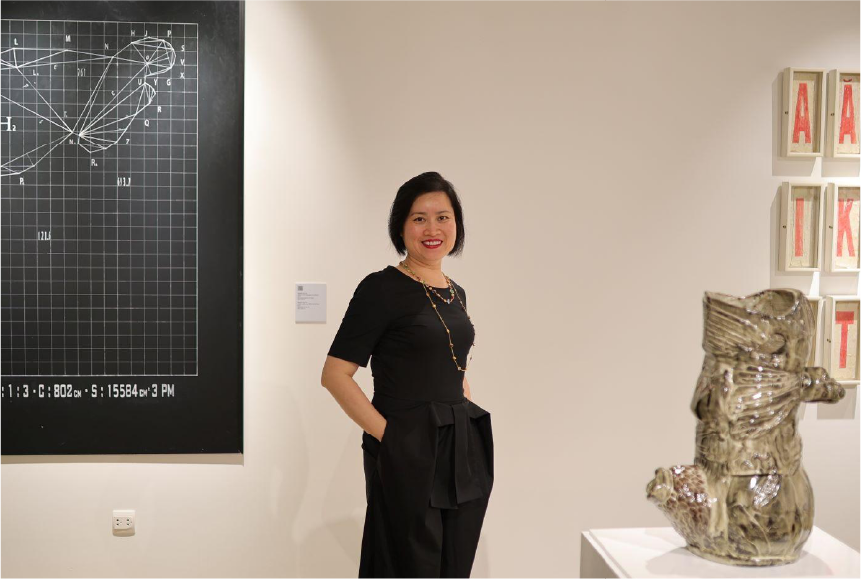
The Nguyen Art Foundation, Ho Chi Minh, Vietnam, has recently become a Patron of CIMAM.
November 2023.
Established in 2018 by Quynh Nguyen, Nguyen Art Foundation (NAF) was born from a desire to better serve the artistic community of Vietnam. Acting as a branching support structure, NAF expands the possibilities for contemporary art in Vietnam by facilitating artistic and intellectual exchange through our Collection, Exhibitions, Education and Public Programs, and Development Projects, in the hope that such initiatives will not only enrich individual practices but also promote the overall growth of our local art scene.
Our Collection focuses on artists connected in any way to Vietnam and refuses to limit artists by a definition of identity that is restricted to nationality, instead prioritizing their practice, experimentation, and criticality as defining factors. The Collection thus features work from both Vietnamese and foreign artists, enlarging the definition of what can be considered ‘art from Vietnam’.
With education at the core of our values, NAF partners with the EMASI Schools and Renaissance International School Saigon, embedding artworks into the students’ daily life by featuring its Collection and hosting thematic exhibitions, both across different campuses and in dedicated art spaces. NAF aspires to connect with and offer students, as well as our local audience, a chance to engage with groundbreaking forms of artistic production from Vietnam and beyond.
Can you share the inspiration and journey that led to the establishment of the Nguyen Art Foundation in 2018 and what unique role you envisioned it playing in Vietnam's contemporary art scene?
I have been collecting art since 1995, and over the years, this passion has gradually grown into a profound commitment, becoming a central influence in my life. In 2014, after spending a few years in Houston, Texas, I decided to open the International Modern Art Gallery to showcase the works of Vietnamese artists to a new audience in the US.
During my time there, I also felt incredibly drawn to different private collections and public museums and how their exhibitions and education programs could attract, educate, and inspire diverse audiences. I wanted the same for Vietnam one day. So, in 2018, the Nguyen Art Foundation was founded.
Our mission is two-fold. First, to preserve and share with our public the different (and often marginalized) perspectives of Vietnamese history as traced by and told through visual art; and second, to support artistic practices that reflect its complexities and challenge the dominant socio-political narratives of today's world.
In this way, NAF is proving itself to be an institution that understands the crucial need to care for both the recalling and recording of historical memory and the sustainable future of our local art ecology.
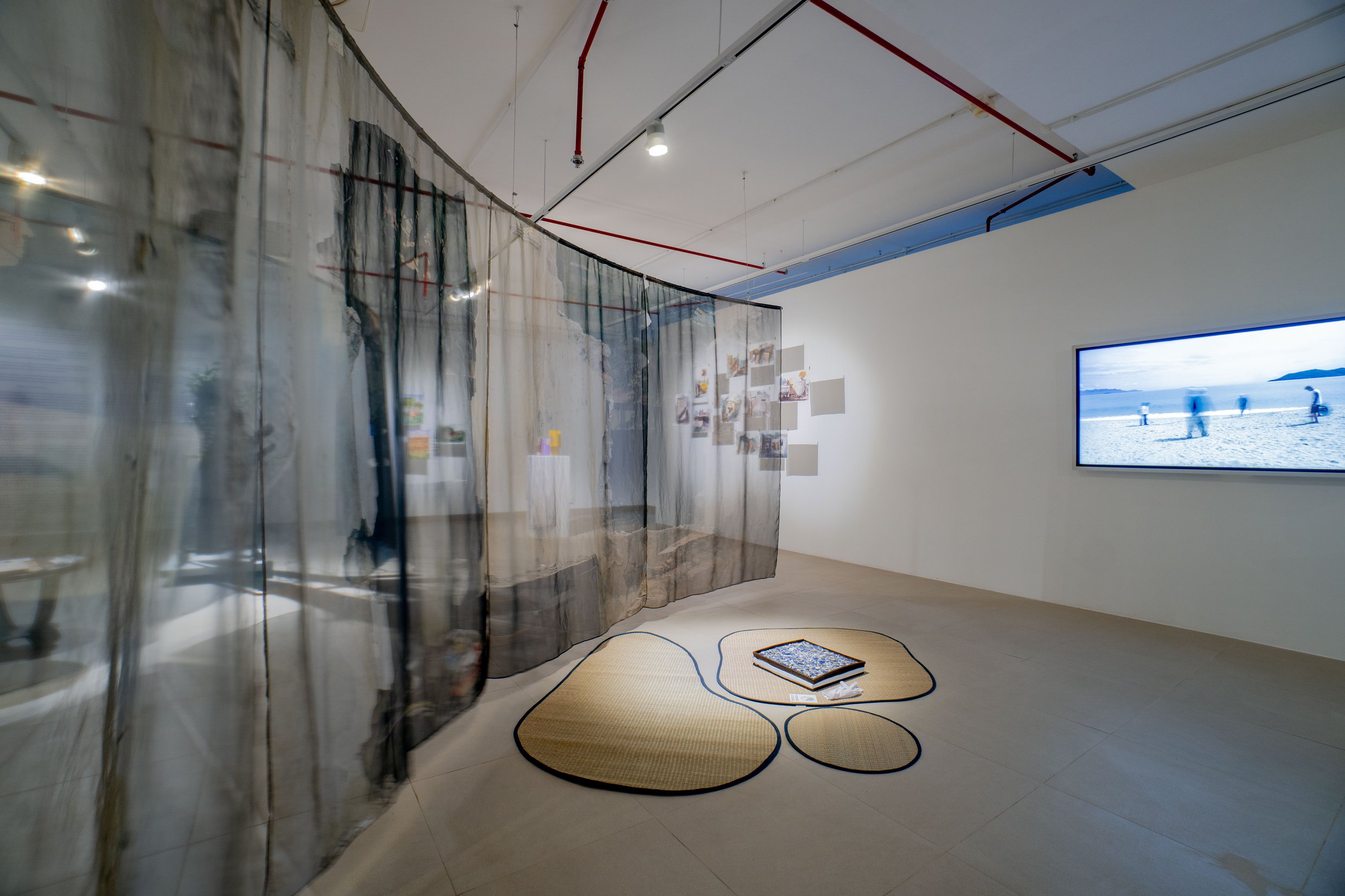
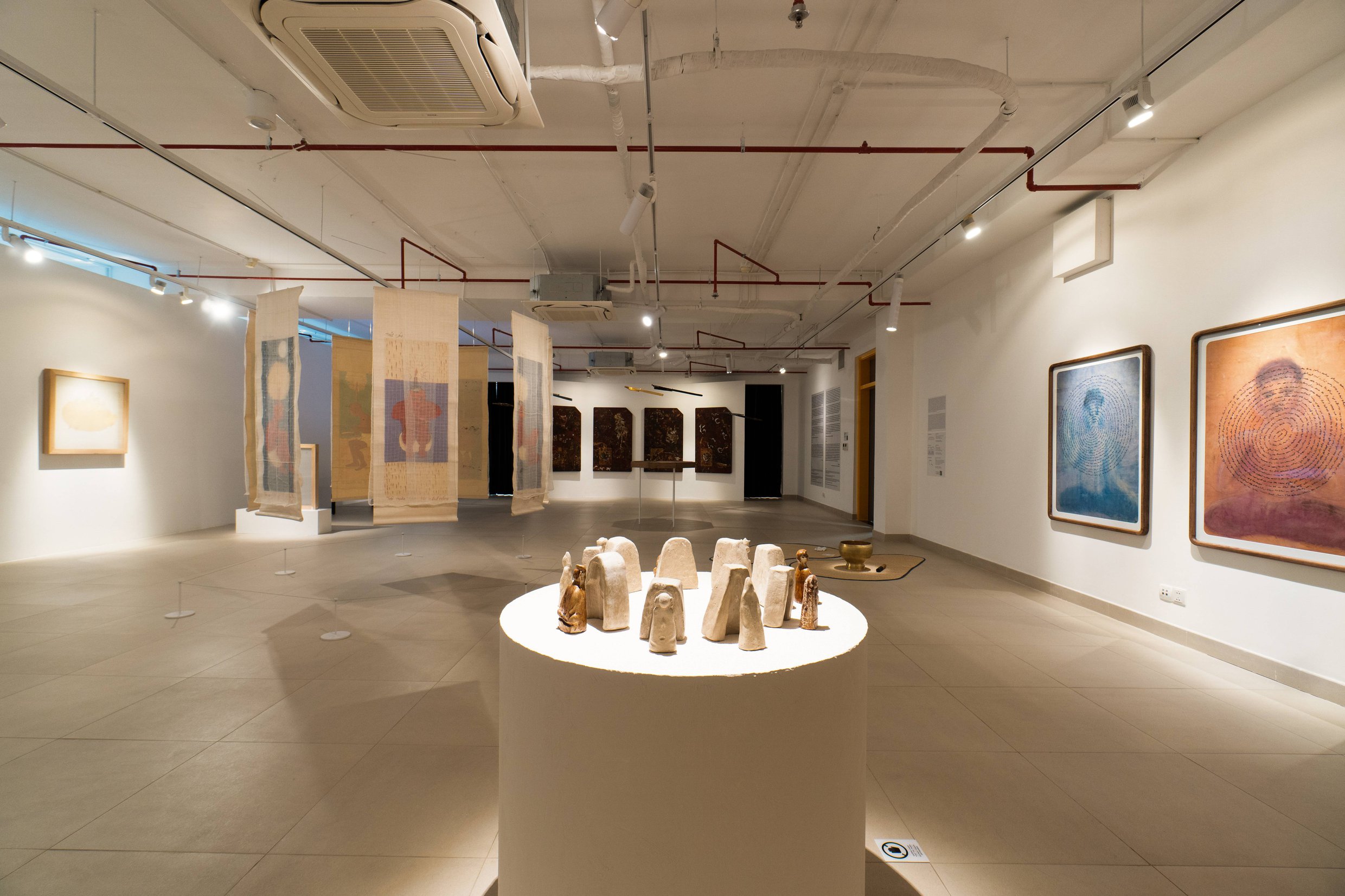
The Nguyen Art Foundation's collection embraces artists connected to Vietnam without limiting them by nationality. How does this approach shape the foundation's vision of contemporary art, and how has it contributed to broadening the definition of 'art from Vietnam'?
I believe nationality to be something that extends beyond the limitation of physical borders and official legal jurisdiction. It's a state of mind. It deals with one's relationship to their motherland. It's where one feels they belong. An artwork's qualities and or message should not be dictated solely by where an artist comes from, but rather how they regard/question/celebrate the context they are in and relate it to other situations around them to help us better understand the collective conditions and concerns we share as citizens of the world. Essentially, art is about seeking to encounter what we're yet to see, understand what we're yet to grasp, and create conversations in a way that can connect across different generations, communities, and even nationalities.
Thus, at Nguyen Art Foundation, we embrace and support artistic practices from anywhere as long as they embody a critical eye, strive for innovation, carry deep historical and contemporary resonance, and engage consciously with history, culture, people, and society at large.
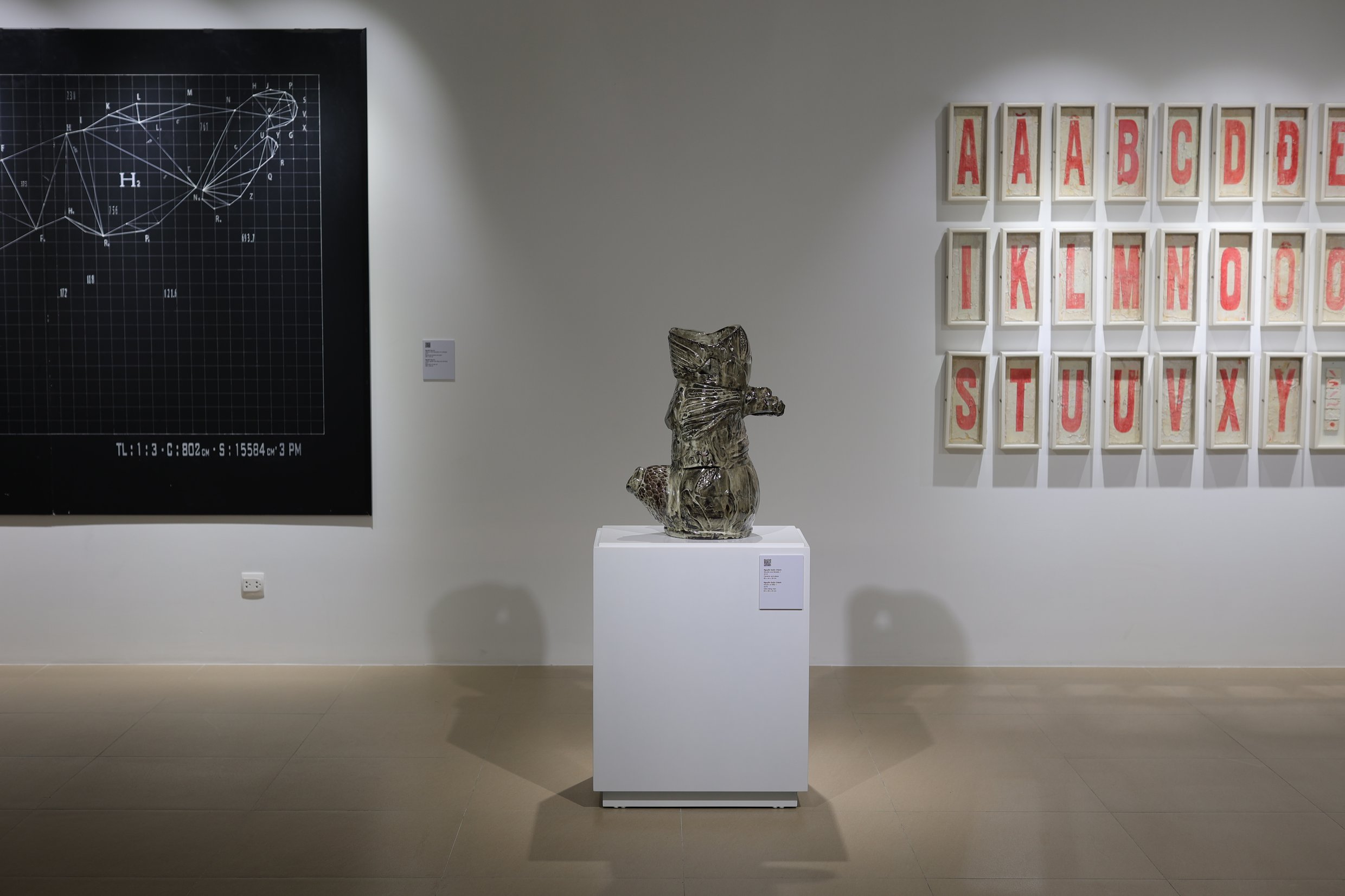
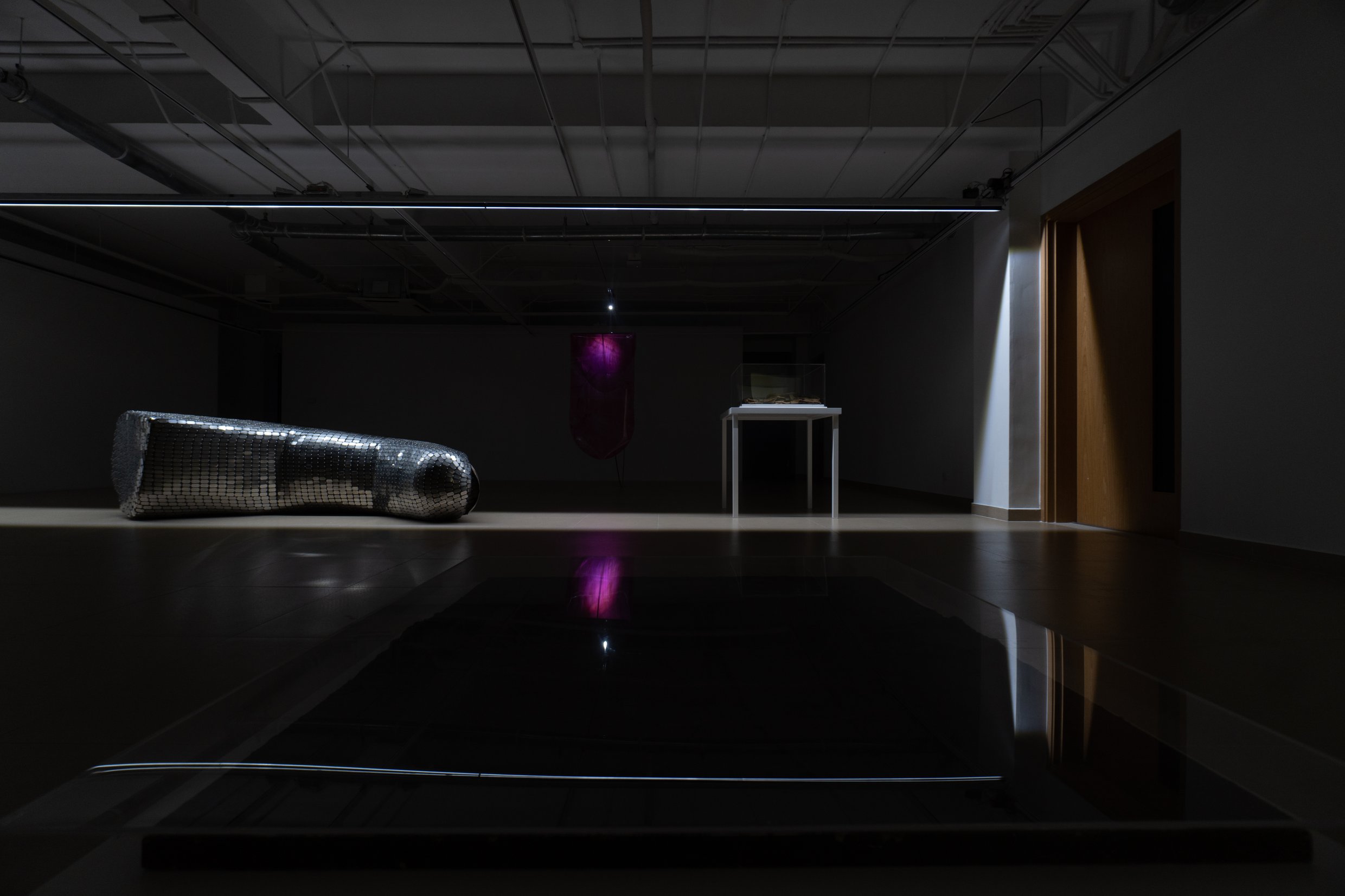
Education is a core value of NAF, with partnerships in local schools to embed artworks in students' daily lives. Could you elaborate on the significance of art education in nurturing the next generation of artists and art enthusiasts in Vietnam?
Vietnam's official and propagandistic education system, driven by socialist realist ethos, has not changed since the mid-1970s. However, over the last two decades or so, there have been attempts at a grass-root, independent level to 'inject' other approaches of art education that embrace critical thinking, research, and open dialogue. Out of these trials and errors, we've seen a new generation of local talents shoot to stardom. In our own way, the Nguyen Art Foundation aspires to continue this legacy.
With this mission in mind, in 2018, we initiated A Farm Residency Program for artists from Vietnam and beyond. Additionally, in the near future, we hope to launch Khai Cơ, a grant program providing expertise and financial support not only for artists but also for other actors of the arts like writers, researchers, and curators. We are equally focused on art education for future generations of art appreciators and the general public. Thus, our educational program is interwoven into the curriculum of our education partners: the EMASI schools and The Renaissance International School Saigon. With a series of art spaces (under the umbrella of Nguyen Art Foundation) attached to these schools across the country (there are currently two in Saigon, one opening next year in Long An, and another under construction in Hanoi), our model is unique in the region. Additionally, we've established a frequent partnership with Fulbright Vietnam University and hope to grow to include other universities around Vietnam.
You mentioned your experience in Houston, Texas, and how it inspired you to bring a similar model of private collections and public museums to Vietnam. Can you share specific aspects of these experiences that influenced your vision for the Nguyen Art Foundation?
While living in the States, I frequently visited The Norton Simon Museum in Pasadena & The Menil Collection in Houston, amongst other galleries and art organizations. I was specifically drawn to the educational and transformative power of artwork to initiate uncomfortable but necessary conversations about race, social injustice, inequality, and various conflicts. Such conversations remind me of the necessity of learning and relearning the most basic lessons of compassion and sympathy — essentially, how to be human.
Undoubtedly, these experiences changed who I am as an individual. So then the question became: how can this power be shared with others? —which eventually led to the birthing of the Nguyen Art Foundation.
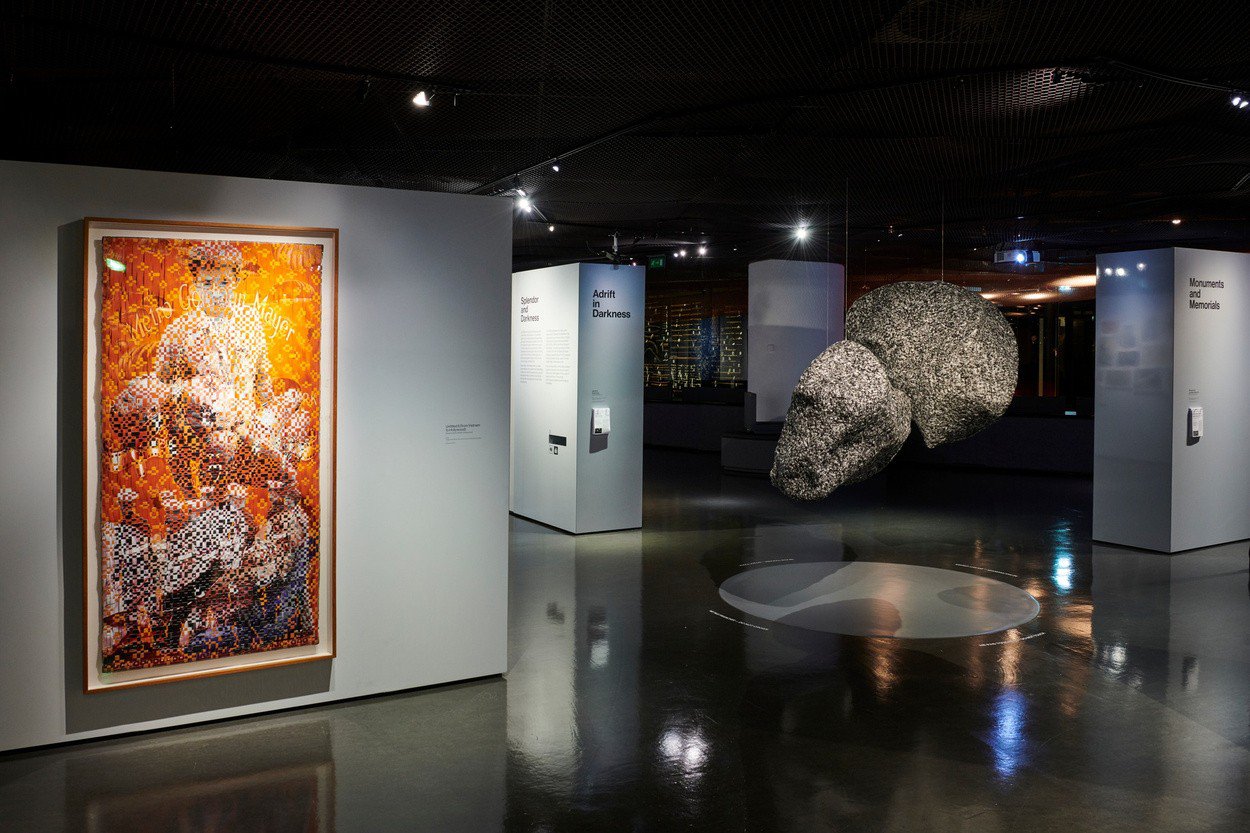
As a Patron of CIMAM, how do you envision the Nguyen Art Foundation contributing to the international dialogue on contemporary art and its global relevance, especially in the context of Vietnam?
We're currently living in troubled times where the militarization of our governments and nationalist attitudes are both on the rise, leading to the creation of deeply divided communities and peoples. It is also precisely during such times of conflict that we get to witness the true power of the tales of humanity that artists tell through their work, their ability to dissect socio-political injustices, elevate the marginalized and disenfranchised, and imagine a different future. To be a Patron of CIMAM means to stand alongside like-minded people and institutions, working towards our shared goal of preserving the livelihood of such art and artistic inquiries.
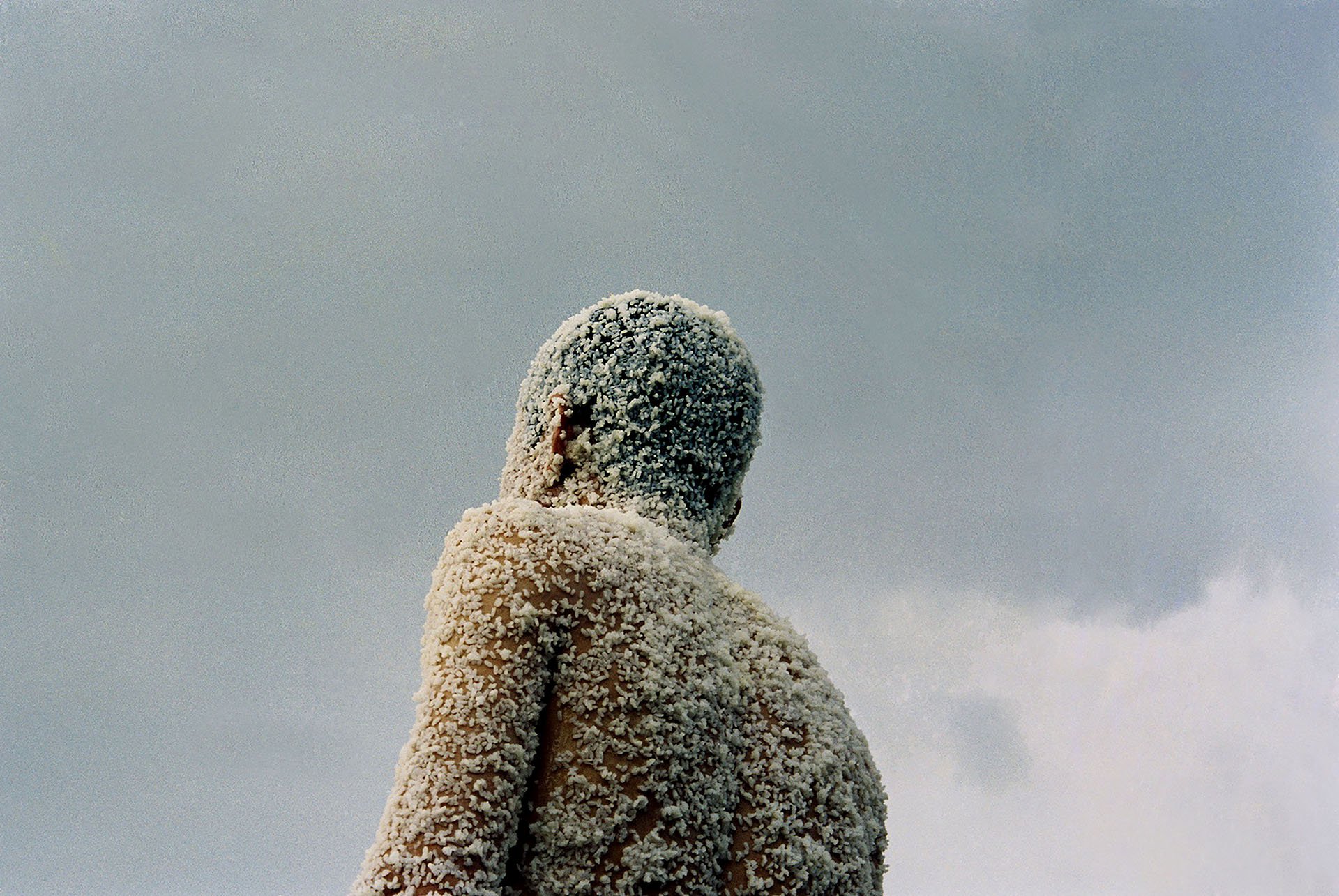
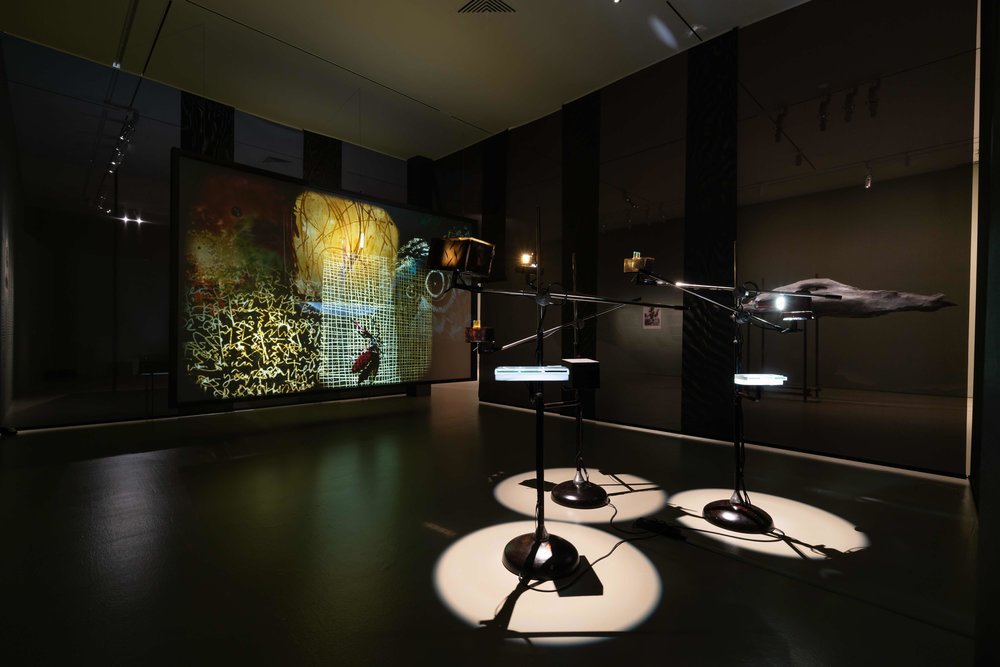
With an actively growing collection attached, Nguyen Art Foundation understands the necessity of collecting art as a means to preserve our own cultural memory. However, for an art ecology to sustain and thrive, other modes of care and investment are required.
In a context similar to other Southeast Asian countries, for a long time, art organizations in Vietnam have had to rely on external funding granted by overseas foundations or locally-based foreign cultural institutions. In the process of doing so, they've had to alter their programming to fit in with others' agendas. While this top-down model used to work, it's no longer sustainable. The current model of the Nguyen Art Foundation thus offers a suggestion to the question of how else to support the art: one that starts from within, domestically functioning with our own financial resources and social means. Freed from constraints and expectations from elsewhere, our programming responds to the specific needs of our particular context and community. More than that, at Nguyen Art Foundation, we aim to promote a culture of work ethics that gives equal care and attention to the growth and well-being of our local talents, artists, and art workers alike.
Could you tell us about any significant exhibitions, projects, or partnerships that the Nguyen Art Foundation has been involved in and how these initiatives have impacted the local art community and artists?
We are incredibly honored to have had Nguyen Art Foundation recognized for our efforts, and furthermore, we feel extremely proud of the impact these initiatives have created.
For instance, in early 2023, we hosted the former winner of the Artist Excellence Award, Nguyen Thi Thanh Mai's exhibition, which looks at issues of forced displacement and migration and reflects on the role of compassion and civic responsibility. In a context of political poverty like Vietnam where these topics are not favored, even prohibited, it was crucial for us to provide a platform where such sensitive but necessary conversations can continue to take place. As we move forward together, we hope to continue to revive the Artist Excellence Award in collaboration with in-tangible Institute (current manager of the award).
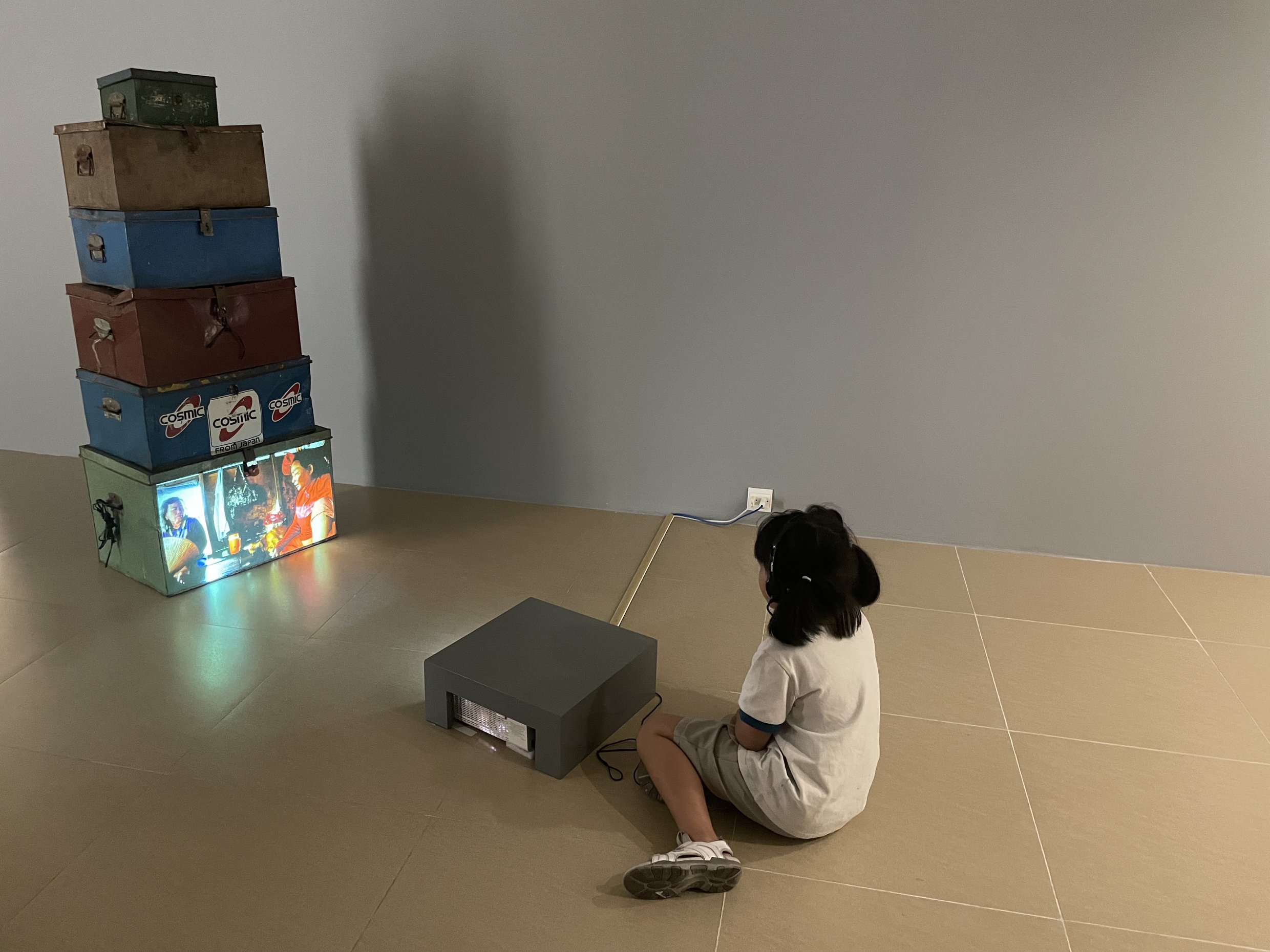
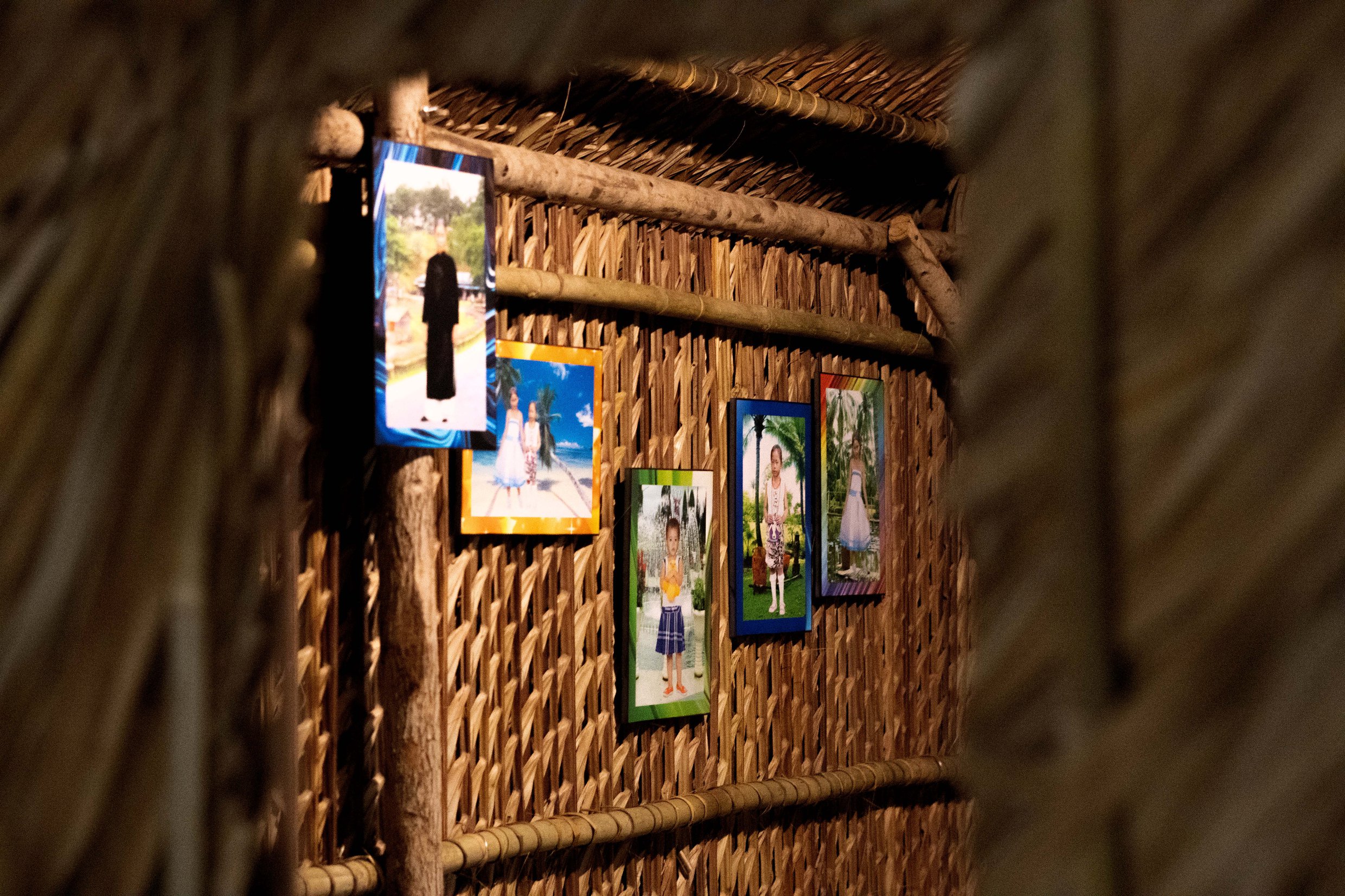
Furthermore, we are a supporter of the Delfina Foundation. Offering an artist residency unlike any other, what makes Delfina unique is its focus: instead of being outcome-driven, their forward-thinking model frees artists from needing to produce so that they can focus more on being part of a community — living, breathing, and thinking through the art they're called to do. Lena Bui is a Vietnamese artist whose residency we've been able to fund, and we feel honored to do so. Her work explores bodies in space and reflects on how tradition, faith, death, and dreams influence our behavior and perception.
And finally, we are delighted to be involved with the Southeast Asian Collector's Circle with its launch to commemorate the 20th anniversary of the Mori Art Museum. Things are still very early in the process, but we trust that by enabling the networking of artists, collectors, curators, and other museum professionals within and beyond Japan, all involved parties will effectively continue to benefit from this cross-country exchange of intelligence and resources. As a group of private patrons who collect and have played our part in contributing towards our respective local art scenes, I believe that the combined efforts of the Southeast Asian Collector's Circle will have an uplifting effect on our local community as well as develop a sustainable network throughout the Asia-Pacific region for many years to come.
Become a CIMAM patron! Help us to fulfill our mission and vision while gaining access to an international platform of modern and contemporary art museum experts, and benefit from a global communication channel that gives visibility to your projects and commitments to the world of art and culture.
Learn more about CIMAM's supporting levels, and take part in our network with more than 700 contemporary art museum professionals from over 80 countries.
CIMAM – International Committee for Museums and Collections of Modern Art – is an Affiliated Organization of ICOM.* Founded in 1962, CIMAM’s vision is a world where the contribution of museums, collections, and archives of modern and contemporary art to the cultural, social, and economic well-being of society is recognized and respected.